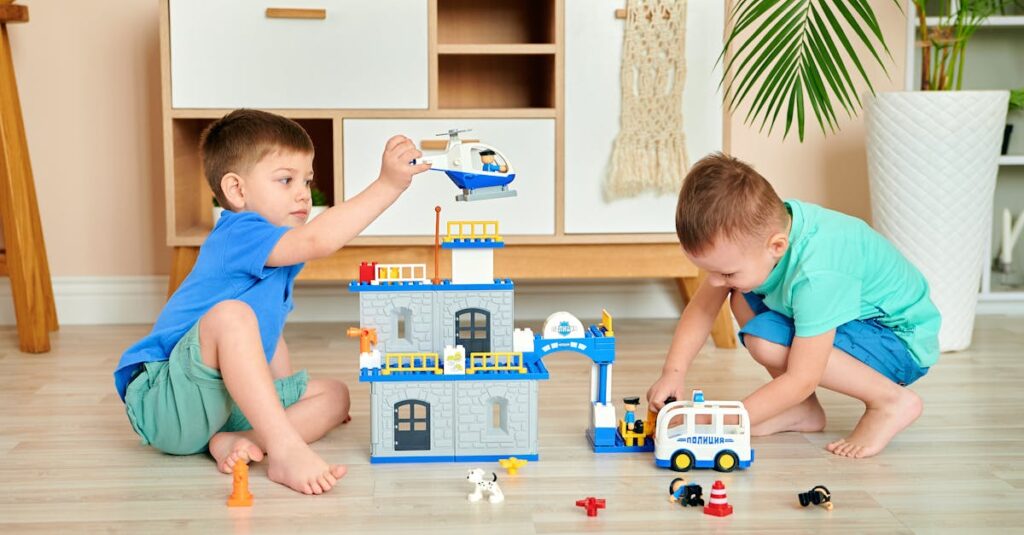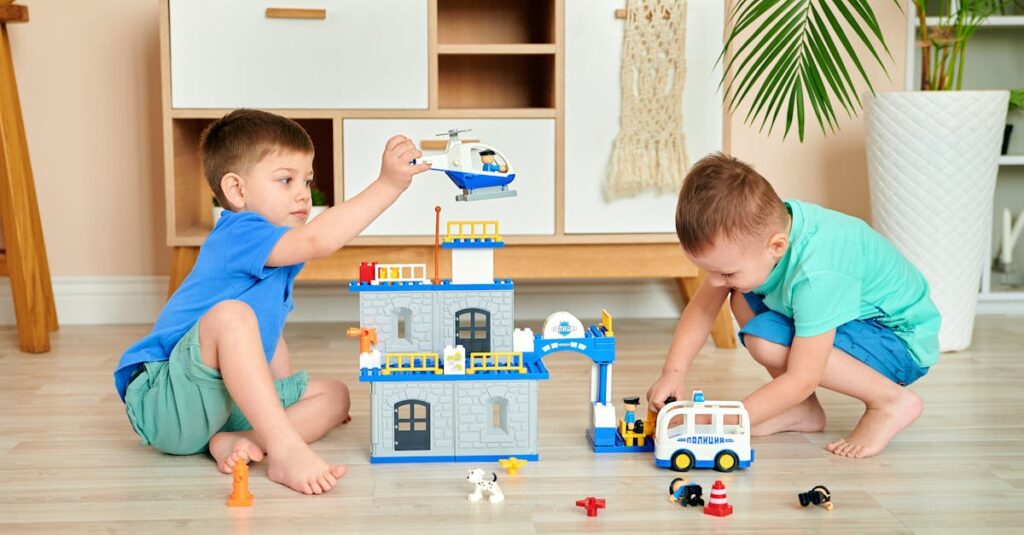Picture this: you’re 30 years old, and your mom is still calling to remind you to wear a jacket when it’s chilly outside. Sounds familiar? Welcome to the world of helicopter parenting, where parents hover so closely that it’s a wonder their offspring don’t have propellers on their heads. It may seem like an act of love, but helicopter parenting can leave adults grappling with various conflicts. Let’s explore the intriguing effects of this parenting style on adulthood, and trust me, the insights are as eye-opening as your parents forcing you to take piano lessons until you were 18.
Table of Contents
ToggleUnderstanding Helicopter Parenting

Helicopter parenting refers to an over-involved parenting style characterized by excessive attention and control over a child’s life. These parents are often eager to help, but their enthusiasm can resemble more of an overbearing cloud than a gentle sun. They tend to monitor every aspect of their child’s life, from academics to friendships, often without realizing the long-term consequences. This constant hovering can stem from a desire to protect, nurture, or instill values, yet it can inadvertently stifle independence and growth. Understanding the roots of this parenting style helps in untangling its complex effects on adults.
Psychological Impacts on Adult Children
The psychological effects of helicopter parenting on adults can be profound and multifaceted. Many adult children who grow up under such scrutiny may encounter heightened anxiety levels. Constant parental involvement can create feelings of inadequacy, as these adults may question their decision-making abilities and competence in handling life’s challenges. Also, they may struggle with low self-esteem because they have been conditioned to rely on their parents, fearing that their choices will not meet expectations. In essence, instead of fostering resilience, helicopter parenting can produce individuals who feel unprepared for the real world.
Career Development Challenges
Career paths can significantly falter for adults raised by helicopter parents. Often, they find it difficult to advocate for themselves or navigate professional relationships. In an environment where every choice was heavily managed, developing autonomy in the workplace becomes a challenging job. These individuals might shy away from taking risks, fearing failure in a professional landscape that rewards initiative. Also, the need for constant approval can result in a reliance on external validation rather than self-assessment, stunting growth and progression in their careers. Over time, many may notice that their skills lag behind those of their peers who were granted more freedom to explore and fail.
Relationship Difficulties in Adulthood
Navigating personal relationships can be yet another minefield for adults who experienced helicopter parenting. The tendency for these individuals to struggle with boundary-setting can complicate romantic and platonic relationships alike. They may gravitate toward partners who are either overly controlling or entirely distant, mirroring the dynamics they grew up with. Trust issues can also emerge, as depending too heavily on parents for emotional support often leaves little room for forming healthy attachments with peers. So, these adults might find themselves engaged in tumultuous or unfulfilling relationships, perpetuating a cycle that started in childhood.
Coping Strategies for Affected Adults
To navigate the turbulent waters left by helicopter parenting, affected adults need effective coping strategies. Here are a few worth exploring:
Long-Term Outcomes And Perspectives
Awareness is the first step toward change. Those affected can benefit from therapy or counseling focused on individual growth and independence. Setting small, manageable goals can help foster confidence and self-reliance. Journaling can also serve as a reflective practice, allowing these individuals to unearth their feelings and thoughts about their experiences. Also, engaging with support groups or communities can provide validation and lessen the feeling of isolation in their struggles. As they cultivate a better understanding of their unique journey, healing and growth can begin.













